9 historical landmarks in Greenwich borough you have to visit
Whether its royal history you love or Gothic-style castles that show off the best views of South London, Greenwich can be a great place for any history buff. We’ve done all the hard work for you and put together a list of the 9 most interesting historical landmarks for you to explore in Greenwich borough!
Cutty Sark
In 1869, the Cutty Sark was built on the River Clyde for the Jock Willis Shipping Line. It is a clipper ship, a type designed specifically for speed, with Cutty Sark being one of the fastest! The ship spent a record of 10 years trading wool from Australia. She is also one of only three remaining original composite construction clipper ships in the world! This ship also inspired the name of Cutty Sark whiskey.
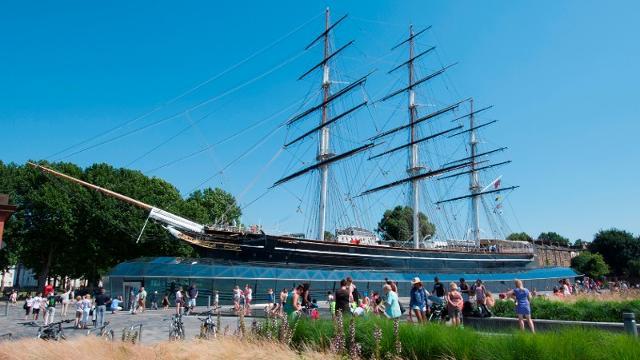
General Wolfe
This statue of British army officer General James Wolfe was built to remember his victory at the Battle of the Plains of Abraham in 1759 against the French. It was built in 1930 and designed by Dr. Tait Mackenzie. He also served in the suppression of the Jacobite Rebellion, which is what launched his military career, as well as fighting in the historic Seven Years War. His statue now looks over Canary Wharf.

Royal Naval College
This site was originally the location of Greenwich Palace, being the birthplace of Tudor Queens like Mary I and Elizabeth I. The College has also been a filming location for blockbuster films just as Four Weddings and a Funeral and The King’s Speech. This makes this landmark perfect for both history and movie buffs alike! It also played a vital role in the First World War, the building being used as a barracks for scientific experiments.
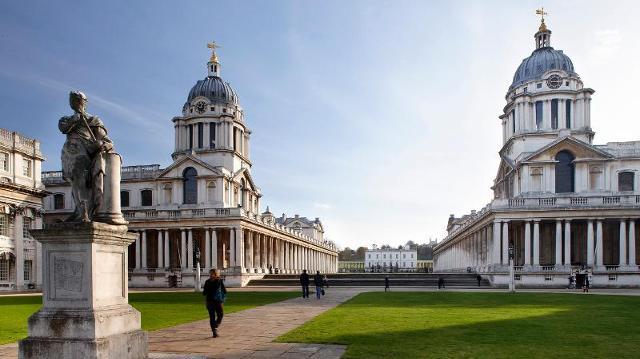
Severndroog Castle
Located at Shooter’s Hill, the Severndroog Castle is an incredibly designed Gothic-style castle, with its first stone being laid on 2 April 1784. It was built in commemoration of Commodore Sir William James, who attacked and destroyed the island fortress Suvarnadurg, its English rendering being Severndroog. The island was on the western coast of India, between Mumbai and Goa. The castle was built in his memory by his widow, Lady James of Eltham.

Queen’s House
As the name suggests, Queen's House was the former royal residence of Anne of Denmark, who was the queen of King James I. It was designed by architect Inigo Jones and has since become one of the most prominent buildings in British architectural history. The building would have been revolutionary in its time in the early 17th century, with Jones taking inspiration from Palladianism, an architectural technique that is strongly based on symmetry and reminiscent of Ancient Greek buildings.
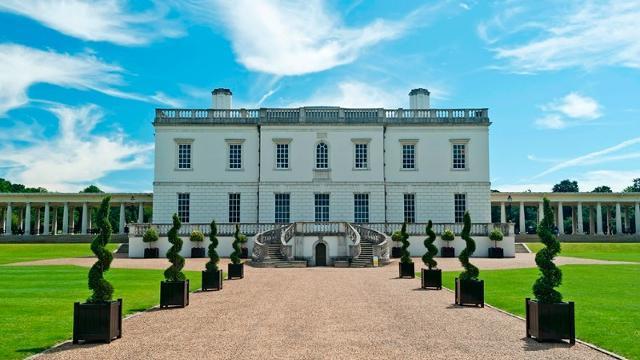
Royal Observatory
This historical observatory overlooks the River Thames and played a huge role in the history of astronomy and navigation. It was commissioned by King Charles II in 1675, with the king also creating the Astronomer Royal position. This involved serving as the director of the observatory and to rectify ‘the tables of the motions of the heavens…so as to find out the so much desired longitude of places for the perfecting of the art of navigation’. The observatory is also where the prime meridian passes, giving the Greenwich Mean Time its name.

Queen Elizabeth’s Oak
As expected, this oak has a strong tie to the Tudor royal family and is believed to be the place where King Henry VIII, Anne Boelyn and their daughter Queen Elizabeth I would play and spend time as a family. It is certainly impressive that this still stands today, as the oak would have already been 400 years old in the 12th century. Despite the original tree dying in the 19th century, ivy and other greenery have grown around the wood, giving it a new lease of life.
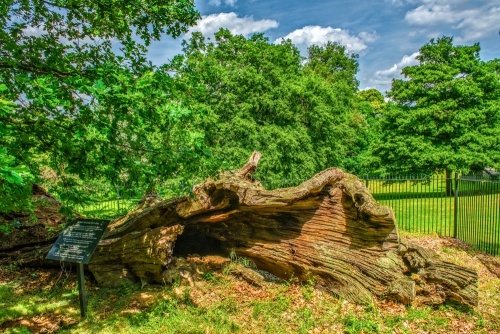
Ranger’s House
The name of Ranger's House links to the Ranger of Greenwich Park, it being the ranger’s residence in the 19th century. The house was most likely built around 1722 for Vice-Admiral Francis Hosier, who is known for his successful trade at sea, as well as serving as a lieutenant on the ship. He eventually acquired his own ship named The Neptune.
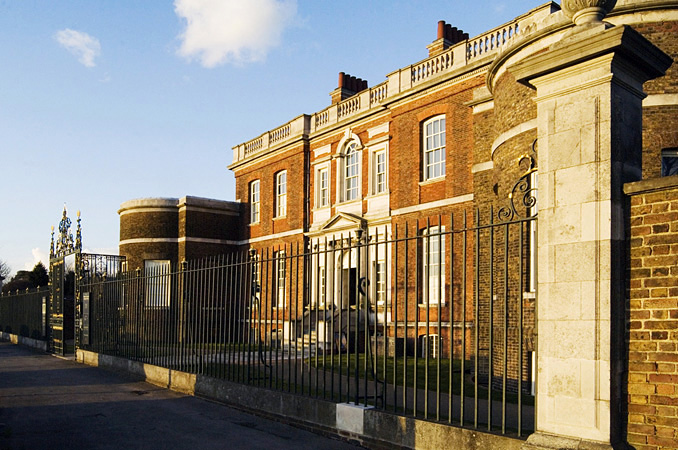
Greenwich Foot Tunnel
The Greenwich Foot Tunnel isn’t just a handy short-cut passing under the River Thames! It has been open to the public since 1902 and was designed by Sir Alexander Binnie, who also designed South London’s Vauxhall Bridge. It’s existence is thanks to Will Crooks, a Labour politician, who campaigned for the tunnel to be used as crossings for dockworkers living on the south side who frequently struggled using the ferry to cross the river. When you reach the north end of the tunnel, you’ll notice the change in design, which was due to the tunnel suffering bomb damage during the Second World War.

LDN Club Card
Your key to unlocking London

Save money in over 650+ local businesses and join 10,000+ LDN Club™ members today!
FREE for the first 30 days.
Try LDN Club free*Renews into £1.99 monthly. Cancel anytime.


